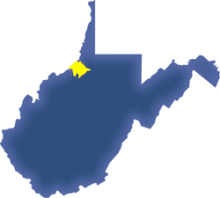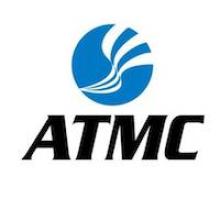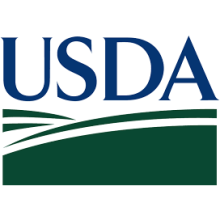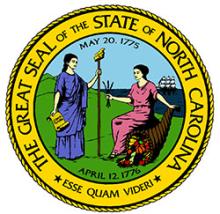Rural West Virginia Will Receive ReConnect Funds for Fiber
In recent weeks, several rural electric and communications cooperatives have received federal ReConnect funding grants and loans. In December, Tyler and Wetzel Counties in West Virginia learned that they will also benefit from the program. Approximately $5.6 million has been awarded to the region for two projects that will provide Fiber-to-the-Home (FTTH) connectivity in some of the state's northern rural areas.
Development Is the Goal
In Wetzel County, the Ohio Valley Industrial and Business Development Corporation will lead the project and the Tyler County Development Authority, Inc., takes the reigns in the adjacent county. In addition to projects within each county, more than 74 miles of fiber will connect the two.
The Wetzel County project will include $2.1 million in ReConnect Program grant funding and use a matching amount to fund the total project, estimated at $4.2 million. The Ohio Valley Industrial and Business Development Corp., intends to connect more than 1,900 households, five educational facilities, a healthcare center and nine additional community facilities.
The Tyler County Development Authority, Inc. (TCDA) plans to use their $1.7 million grant and a ReConnect loan of equal amount to deploy fiber infrastructure throughout the county. They will bring FTTH to almost 1,400 residences, three school facilities, a healthcare center, and five community facilities within a 26 square mile area.
Executive Director Eric Peters of the TCDA discussed the Tyler County project at a recent ceremony, where USDA Rural Utilities Administrator Chad Rupe announced the award:
"The Tyler County Development Authority will own the system's physical infrastructure and will lease it to a private service provider. CityNet was instrumental in providing technical expertise and their background as a successful and experienced service provider was invaluable. We anticipate that CityNet will be our contracted ISP."









